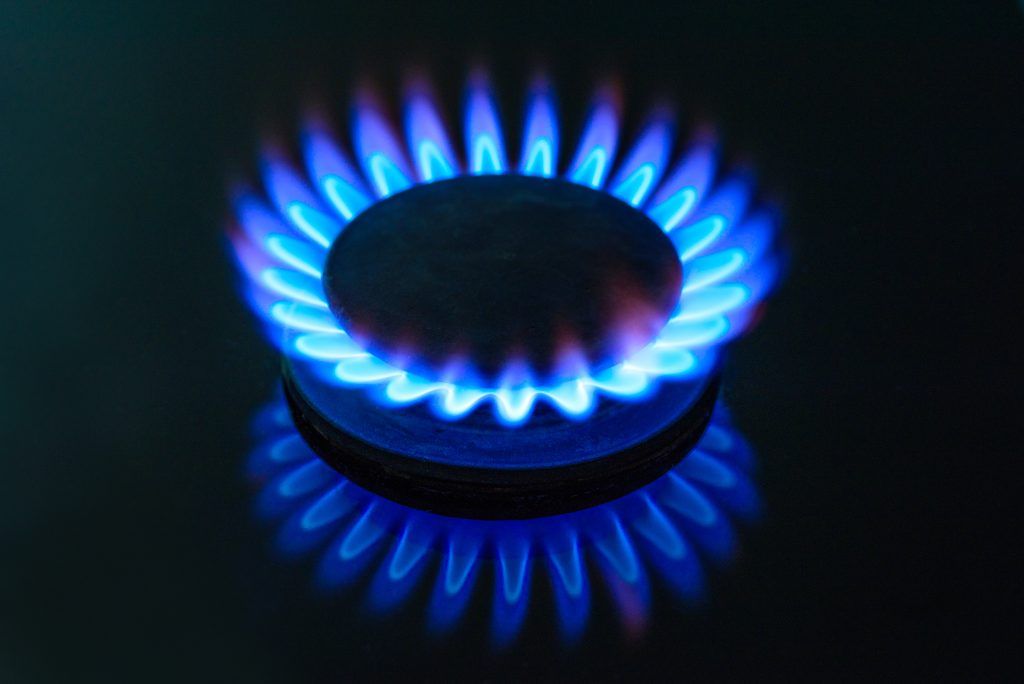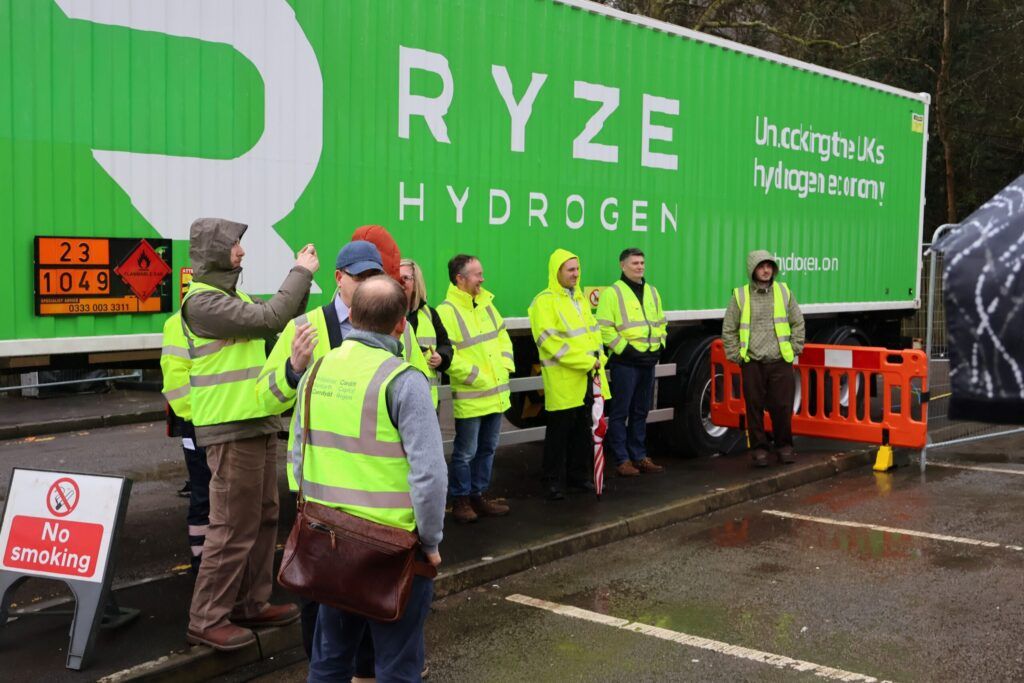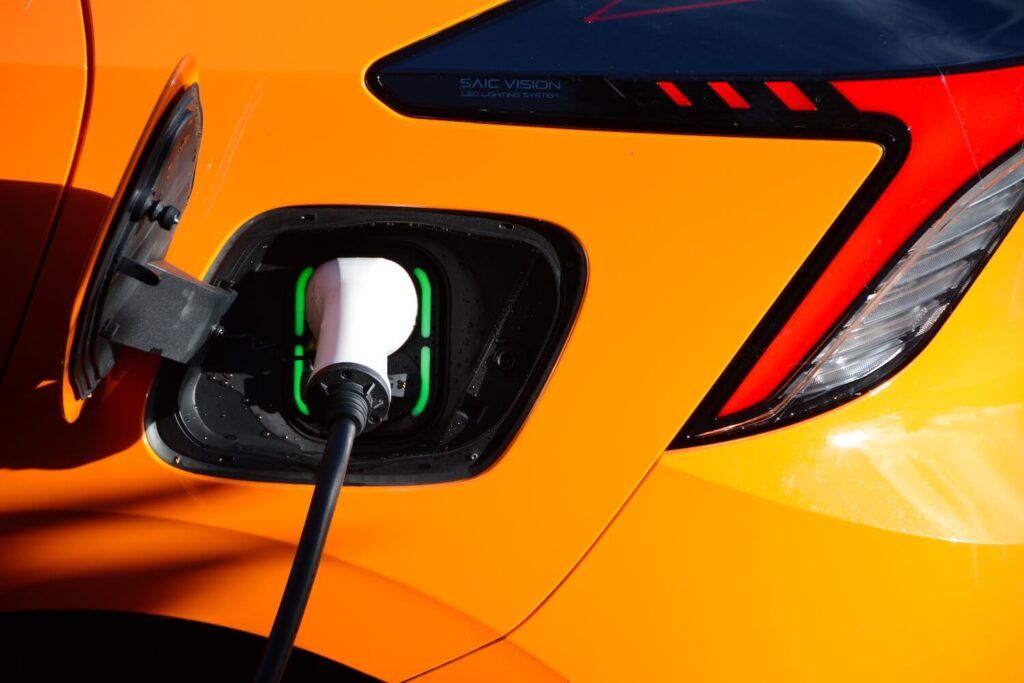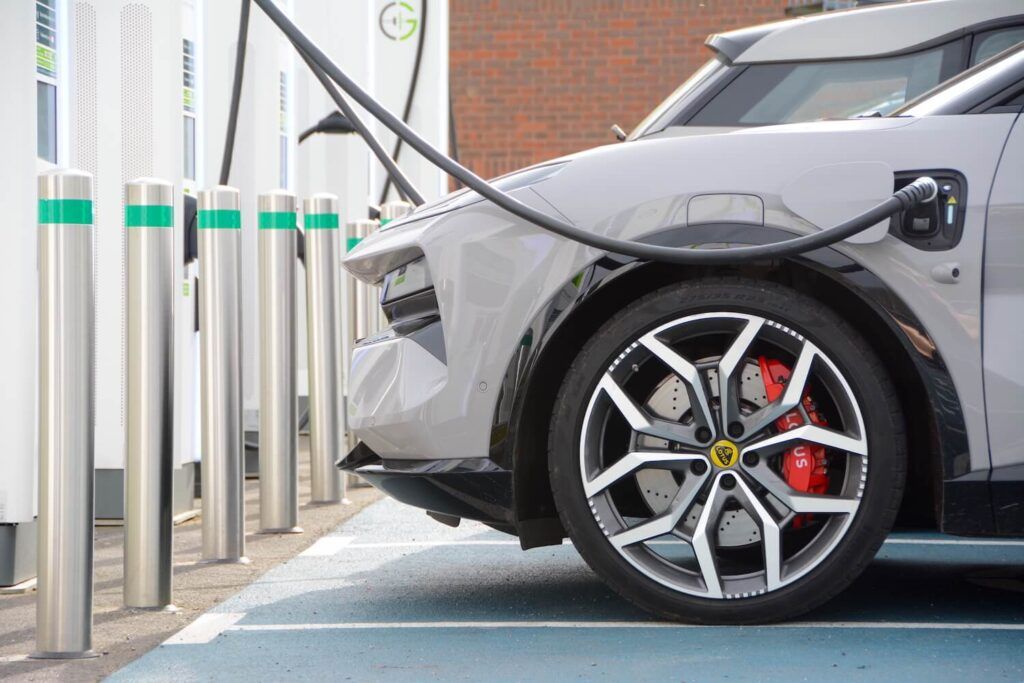Funding from the UK Government on home decarbonisation schemes could have ‘life-saving potentials’ for health and healthcare costs, according to a new report.
The research conducted by the Association for Decentralised Energy (ADE) suggests approximately 30% of excess winter deaths are linked to cold homes.
The study on behalf of WWF-UK and ScottishPower also finds that addressing indoor air quality through improved insulation and other energy efficiency measures could be essential for improving health across Great Britain.
After conducting expert interviews and in-depth case study analysis, the report found that home decarbonisation measures that result in warmer homes have substantial impacts on reducing issues associated with cardiovascular and respiratory health.
This emphasised the recurring theme throughout the report, that socio-economic benefits of home decarbonisation extend far beyond getting your home to net zero. The report shows associated benefits particularly advantage school children, the elderly and other vulnerable populations.
Recommendations outlined within the report call for more strategic planning from the Government to set out a roadmap for progressing policy cost rebalancing. Immediate actions included removal of legacy policy costs from consumer bills, suggesting that they are publicly funded instead.
Steph Hacker, Senior Researcher for ADE Research, said:
“This report highlights the critical role of decarbonisation in alleviating pressure on the healthcare system. By improving home energy efficiency, we can significantly reduce the incidence of physical and mental health issues, leading to fewer visits to healthcare facilities. Additionally, the targeted upgrade of homes, particularly for vulnerable populations, can help reduce winter deaths caused by cold homes.
“Evidence shows that such improvements result in fewer emergency admissions and a marked decrease in excess winter deaths, demonstrating the life-saving potential of a low-carbon future.”
Image from Shutterstock












